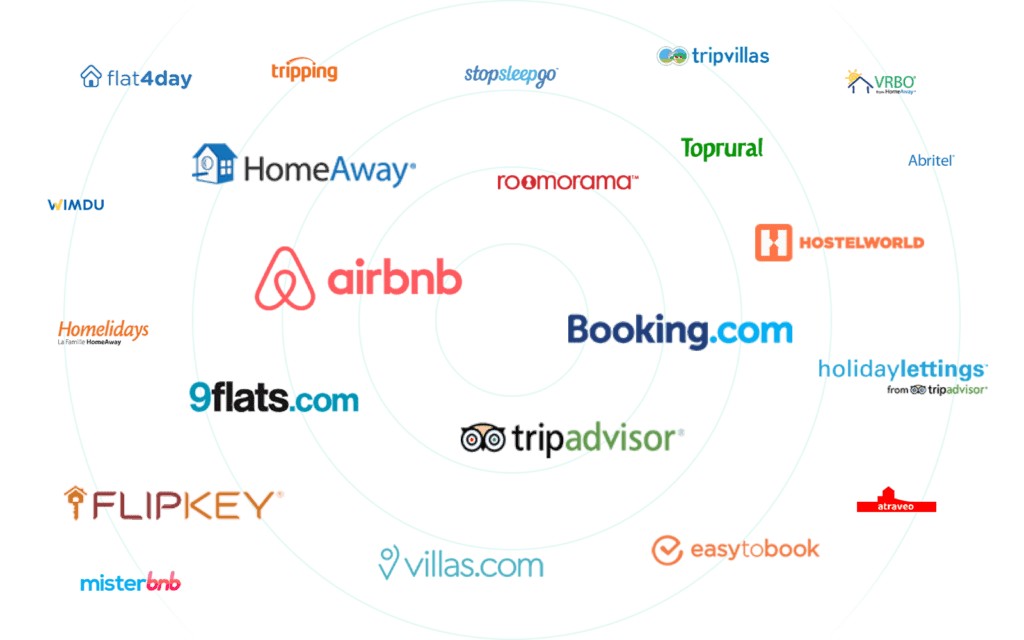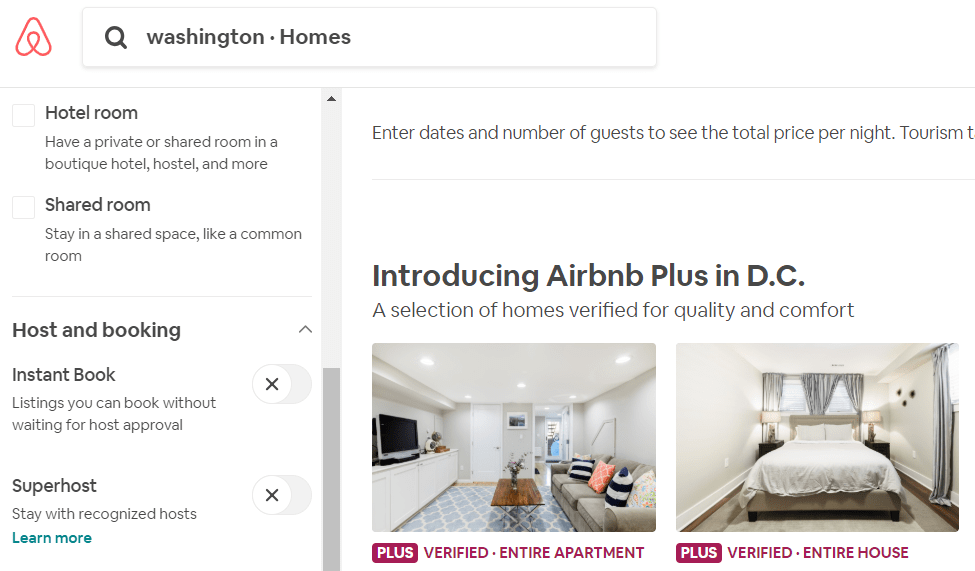I’m glad the subject grabbed your attention. You won’t regret it.
Here at Hosthub, we help manage more than 1200 vacation rental properties around the world, and we have seen the same mistake consistently being made by many of our customers – happily, they have us to help them out.
This mistake can lead to reduced bookings, less revenue, and lost opportunities. It’s a shame to see it happen again and again. It needs to stop.
This is the mistake: Hosts wait until the last moment to start promoting their properties.
Why Is It So Critical?
If for example, you have a summer rental, the worst time to start promoting it, is in spring. That means you’ve left 40% of travelers untapped. It may sound strange, but 40% of travelers globally book their summer holidays more than four months before check-in, and many up to 12 months.
This means you need to be on as many channels as possible all year, to guarantee you won’t be losing out on valuable bookings.
Hosthub is the solution. We help you list on multiple channels, and then we manage those bookings on all your calendars, so you never get a double booking.
Do it now, don’t wait for spring. Sign up for our free 14-day trial and see for yourself how many reservations you were missing out on.

Now imagine this situation: a traveler finds your property, falls in love with it, and immediately tries to book it. They search for availability months ahead (which all savvy travelers tend to do) and don’t end up finding dates. This usually becomes one of the most frustrating experiences for, both, potential guests and hosts.
If you want to maximize your bookings, revenue, and in the end – money in the bank, then it’s always recommended to have your calendar regularly updated and more importantly – free.
What Is a Booking Window?
As mentioned above, the worst time to start promoting your property is during the time you want it to be booked at. Think of it this way – most long vacations are planned months ahead, so the guests usually want their accommodation set, much earlier than you expected.
That’s where the “booking window” comes to play. The booking window is simply put: the time between your guest booking and their stay commencing. Let’s say a guest books your property for the 5th of October and today is the 1st of May – that means that your booking window is about 8 months.

You may be wondering why you need to know this. Which brings us to the second point.
Why Booking Windows are Essential
As time passes and you get more bookings, you’ll further understand what your average booking window is like. This allows you to figure out how far in advance you need to update and clear your calendar and how to price your property smartly. 80% of guests book within 100 days of their arrival in the city, so it’s always better to have your minimum availability window at 3 months.
How Do Booking Windows Differ?
Different “target segments” will most definitely have different booking windows. Meaning, families book much earlier than businessmen and couples, while students and “nomads” book very last minute.
This gives you sort of an “inside look” into the segments who regularly book and view your property and gives you a chance to release your availability based on that.
Why you should open your calendar to 12 months into the future
We get it. It might be very stressful having your calendar open for over 12 months. The sense of uncertainty is enough to get you anxious. However, if we tell you that this is a guaranteed way to appear in more searches, make more profits, and quickly charge higher prices – would you still find it as stressful?
The biggest mistake hosts make is fearing that “uncertainty” and opting for short availability periods – making them lose out on some valuable bookings!
By keeping your calendar open, you’ll also be able to charge a premium for guests who book 3+ months out. Another advantage that is often overlooked is the fact that the guest booking your property 6 months in advance probably knows something you don’t. Maybe there’s a concert you didn’t know about going on? A conference?

You’ll also allow guests to book through the slow seasons instead of just depending on the high season. Yes, the high season brings more guests and higher prices, but it also brings plenty of competition that you’ll have to deal with. During the low season, you can easily rack up some excellent reviews so you can further increase your price during the high season. Win-win, right?
One more thing: Most long-term bookings are often planned well in advance (so let’s say someone wants to book your property for 3 months, this means that they’re planning a move which will take them months before they actually do).
Tips and Tricks Every Host Should Know
Here are some tips and tricks that will help you maximize your number of bookings:
- Tweak your duration to 1 night so you can open up your property to 40% more guests.
- Respond as quickly as you can to booking inquiries.
- Always keep your calendar updated. This guarantees to give the algorithms an active status for your account.
- Make this a goal: 50% booked one month out, 30% booked 2 months out, and 10% booked 3 months ahead.
How to Make Sure Your Calendar Is Booked Up During the Year
Stay up-to-date with the latest events happening nearby
This will give you insights on when you can overcharge or undercharge for property according to “popular” or “unpopular” dates.
Check your competition as much as you can
Always check your competitors’ pricing strategy, numbers of guests, and dates.
Allow single day bookings
Make sure that you’re not neglecting people who only want to spend one day at your apartment.
Allow “Instant Bookings”
By enabling the “Instant Booking” feature, you won’t have to manually accept or decline your bookings. Instead, if all requirements are met, interested travelers are able to directly book your apartment

Here’s How Hosthub Helps
Hosthub helps you sync your calendars across all applications. We make sure that we align all your bookings, keep your calendar updated and deal with the complicated tech! You’ll be able to prevent booking requests on HomeAway when you’re already booked on Airbnb, for example, and you’ll also be able to make more money by easily spotting opportunities.

